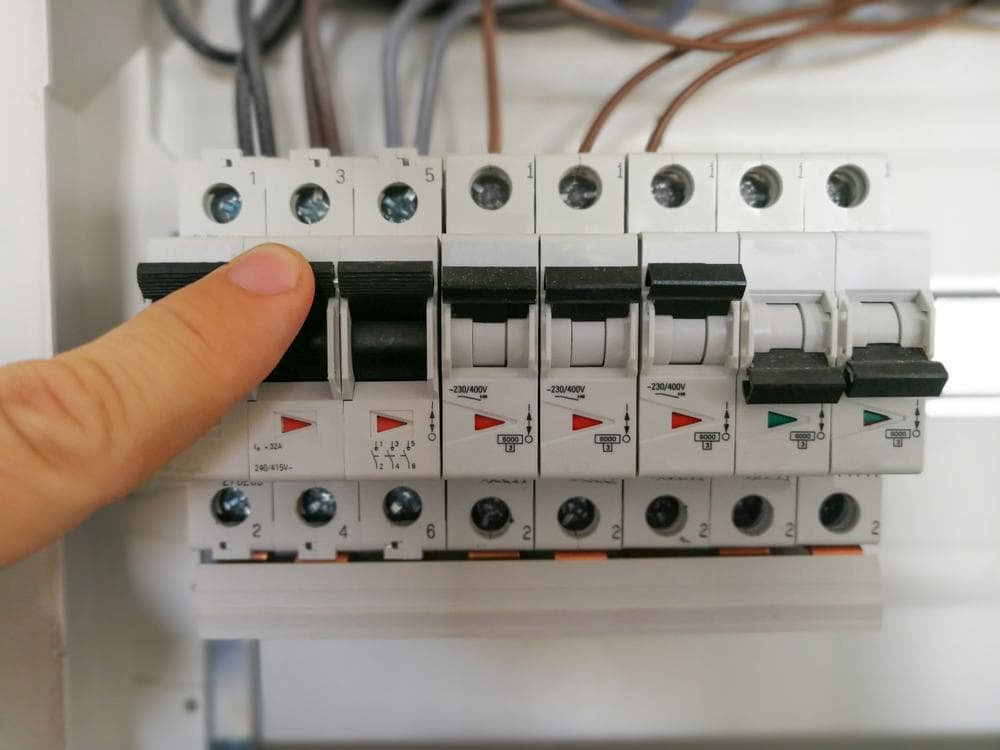
In the modern world, electrical safety is a top priority for homeowners and businesses alike. Two primary devices used for electrical safety are fuses and circuit breakers. While both have their merits, the consensus among electricians and safety experts is that circuit breakers have several distinct advantages over fuses. In this article, we’ll delve into the reasons why circuit breakers are considered superior, the benefits they offer, and what you need to know if you’re considering switching from fuses to circuit breakers.
Circuit breakers are generally considered better than fuses due to their reusability, enhanced safety features, consistent performance, and extended protection. Unlike fuses, which need to be replaced once they blow, circuit breakers can be easily reset after they trip. They also offer better protection against both power overloads and short circuits, and make it easier to identify and troubleshoot faults in the electrical system.
Understanding Fuses and Circuit Breakers
Before we dive into why circuit breakers are better than fuses, it’s essential to understand what these devices do and how they function.
Fuses are simple devices that protect electrical circuits from dangerous levels of current. They consist of a metal wire or strip that melts when too much current flows through it, interrupting the current. However, once a fuse has operated, it becomes an open circuit and must be replaced or rewired, depending on its type.
Circuit breakers, on the other hand, are automatically operated electrical switches designed to protect an electrical circuit from damage caused by an overload or short circuit. They can be reset easily and used repeatedly, unlike fuses, which need to be replaced after they have operated.
Key Advantages of Circuit Breakers Over Fuses
Reusability
One of the most significant advantages of circuit breakers over fuses is their reusability. When a circuit breaker trips due to a fault, it can be reset easily, making it ready for future use. On the other hand, when a fuse blows, it needs to be replaced. This convenience makes circuit breakers more cost-effective in the long run.
Safety
Circuit breakers are designed with a ‘dead front’ construction, meaning they have no exposed live parts. This design makes them safer to handle and reduces the risk of electrical accidents. Fuses, however, can have live parts exposed, which poses a safety risk.
Consistent Performance
Unlike fuses, which may need to be replaced more frequently, circuit breakers do not require replacement after a trip. This consistency ensures performance over time. Additionally, using the wrong size fuse can lead to potential issues, a problem avoided with circuit breakers.
Extended Protection
Circuit breakers protect against both power overloads and short circuits, offering comprehensive protection for your electrical system. Fuses primarily protect against power overloads, which limits their effectiveness.
Easier Troubleshooting
Circuit breakers make it easier to identify the faulty zone in an electrical circuit. The tripped breaker can be visually identified, making troubleshooting quicker and more straightforward. With fuses, it may be more difficult to determine which fuse has blown without testing each one individually.
Switching from Fuses to Circuit Breakers: What You Need to Know
If you’re a homeowner considering the switch from fuses to circuit breakers, there are a few things to keep in mind.
Firstly, the process should be done by a licensed electrician. It involves working with live electricity and can be potentially dangerous. The process typically includes removing all fuses, disconnecting wires, removing the main panel box, and installing the circuit breaker panel board.
Secondly, the cost of replacing a fuse box with a circuit breaker panel ranges from $1,500 to $2,000. This price can increase if the wiring requires a complete overhaul. It’s essential to consult with a professional electrician to ensure a safe and proper installation.
Conclusion
Circuit breakers offer several advantages over fuses, making them a superior choice for electrical safety in most cases. Their reusability, safety features, consistent performance, extended protection, and ease of troubleshooting make them a more cost-effective and reliable option.
While the initial cost of installing circuit breakers may be higher than that of fuses, the long-term benefits and cost savings make them a more attractive option for many homeowners. If you’re considering making the switch, consult with a licensed electrician to ensure a safe and proper transition.
Frequently Asked Questions
What happens when a circuit breaker trips?
When a circuit breaker trips, it automatically shuts off the flow of electricity to the specific circuit it protects. This happens when there’s an overload or short circuit, preventing potential damage to the electrical system. You can reset the breaker by flipping it back to the “on” position after resolving the issue.
Can a homeowner replace fuses with circuit breakers themselves?
While it’s technically possible, it’s not recommended for homeowners to replace fuses with circuit breakers themselves. This task involves working with live electricity and can be dangerous if not handled correctly. It’s best to hire a licensed electrician to ensure a safe and proper installation.
Is it necessary to replace all fuses with circuit breakers at once?
Ideally, yes. Fuses and circuit breakers should not be mixed in the same panel. If replacing fuses with circuit breakers, it’s generally recommended to replace all at once to ensure consistent protection and performance of your electrical system.
How long does it take to replace a fuse box with a circuit breaker panel?
The time it takes to replace a fuse box with a circuit breaker panel can vary based on several factors, including the complexity of the electrical system and any additional repairs that may be necessary. However, on average, it usually takes a professional electrician about one day to complete the switch.
Can circuit breakers wear out over time?
Yes, like any mechanical device, circuit breakers can wear out over time, especially if they trip frequently. However, they generally have a long lifespan and require less maintenance than fuses. If a breaker trips frequently or cannot be reset, it may need to be replaced.












